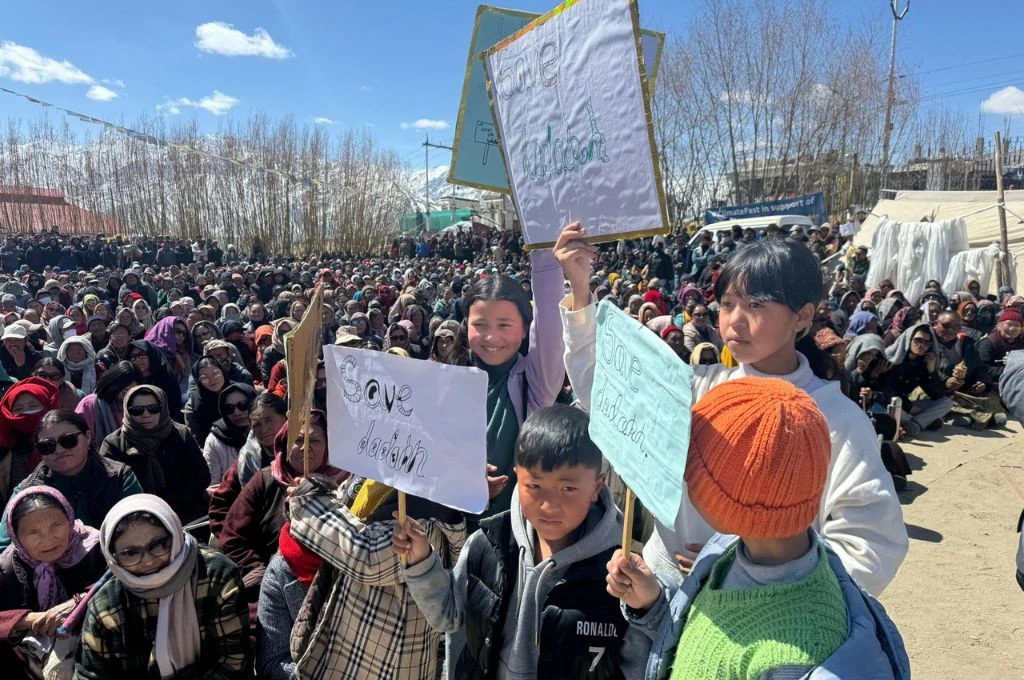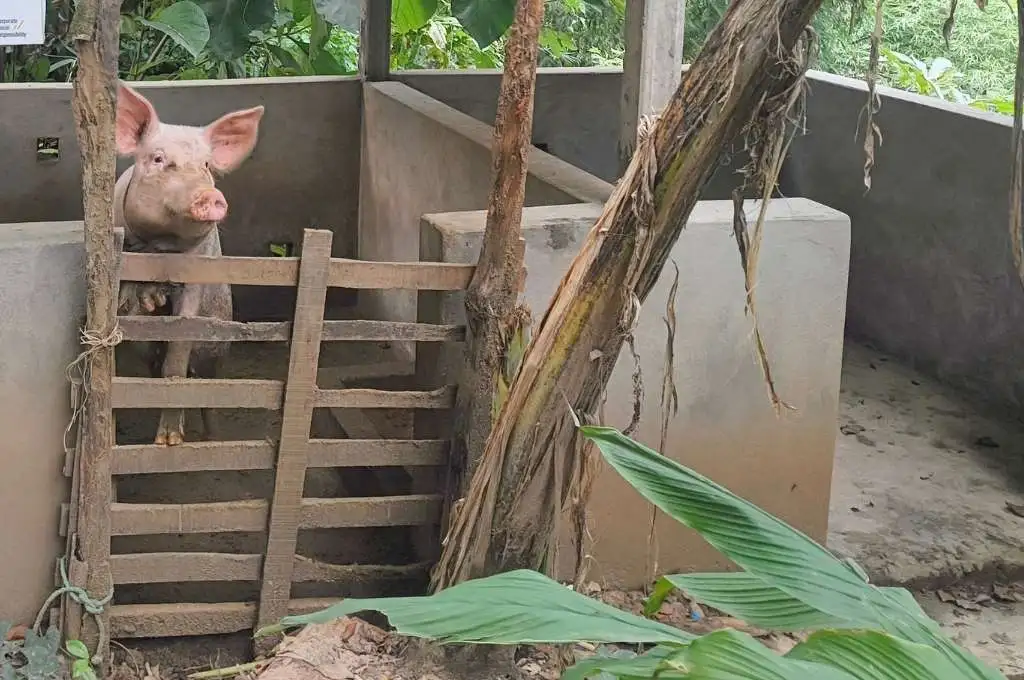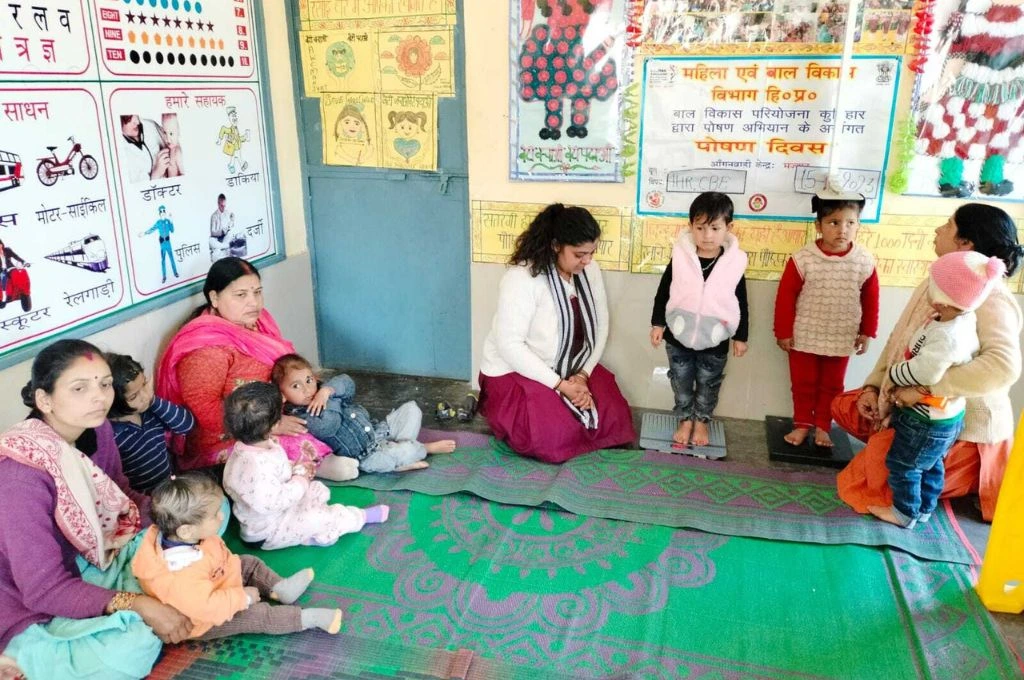READ THIS ARTICLE IN
Out for a duck: Why women in Assam continue to use the barter system
One morning in March 2021, when most of India was under COVID-19-mandated lockdown, Pratima*, 31, from a village in the Sivasagar district of Assam, realised she wanted chicken eggs for dinner. The problem was that she did not have cash at home, the automated teller machines (ATMs) were barely functional, and the nearest bank was a couple of villages away.
But she had ducks at home. Her family, like many others in the locality, were duck farmers. She reached out to a local community member and registered herself as a duck seller on a barter application designed by Drishtee, a nonprofit working for sustainable development of communities. The female community member Pratima spoke to had been trained by Drishtee to operate the application. She helped Pratima connect with another village resident who had registered as a seller of chicken eggs. Within hours, Pratima could barter her duck for a dozen eggs.
With the onset of COVID-19, and a sharp decline in incomes, the barter system has seen a revival in many cash-poor regions of the country. Although not an alternative to cash, barter is helping communities sustain themselves. The system proved especially useful during the crisis when farmers and artisans without access to money or market were stuck with their produce at home.
The barter system is not a new concept in Assam. In remote areas of the state, people have been exchanging goods for centuries. In fact, the barter fair Jonbeel Mela has been an annual affair in the state since the 15th century.
The introduction of a digital system, however, has expanded the reach of this practice. Women in particular have benefitted from this, since it eliminates the need for them to travel to a marketplace to sell their products, and doesn’t require them to possess cash. They are also becoming innovative in what they can barter. For instance, when Rekha*, 27, needed a frock for her daughter, she knit up a teddy bear to exchange it through the application. Jamila*, 35, has been saving her hair after each haircut for months now. She plans to exchange it for a used mobile phone.
*Names changed to maintain confidentiality.
Debojit is an editorial associate at IDR. Smarinita Shetty is the CEO and co-founder of IDR. This story is reconstructed from a conversation with Drishtee.
—
Know more: Read this interview to know why India urgently needs a supportive ecosystem for micro-entrepreneurs.




